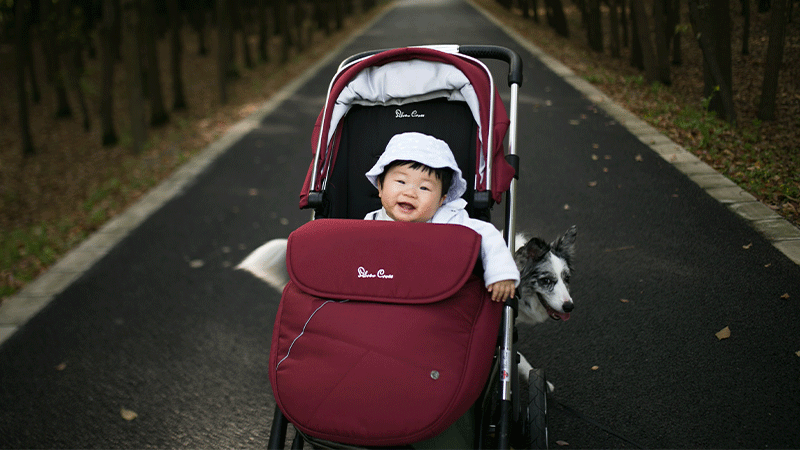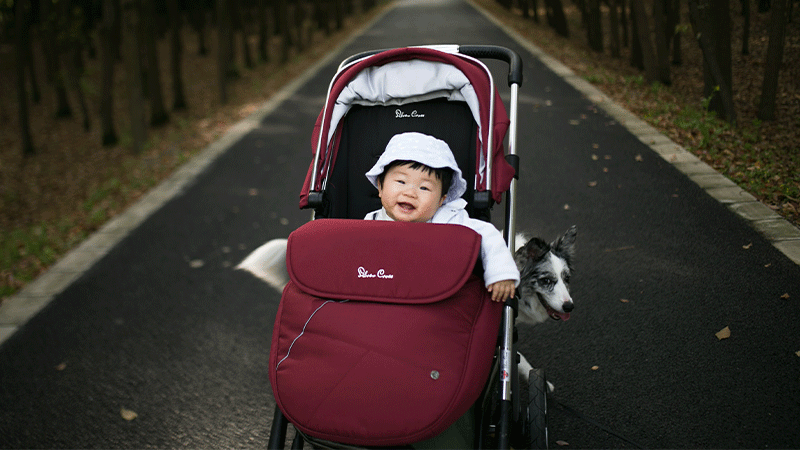First Party Customer Data is Sweeter Than Any Cookie
There is an ongoing debate over the removal of third-party cookies and what the impact will be on advertisers and consumers. In the latest chapter,...

Whether it’s for the holidays, a birthday, or just to bring a smile to a child’s face, buying children’s toys, and even products like strollers and cribs, is often a joyful and exciting purchase for the buyer. At least that’s been my experience, as both a parent and a gift giver. Studies show Americans spend $6,500 on toys1 alone over a child’s lifetime. Looking back on my own experience, that feels about right!
The enthusiasm around purchasing juvenile products is something that manufacturing brands can leverage to forge direct brand-to-consumer relationships, adding additional value for product owners and positively influencing future spending.

The growth of the juvenile industry in recent years is no doubt due, at least in part, to the innovation and specialization of products by manufacturers. From strollers to cribs to toys, many children’s products now include smart technology, adding to the overall product experience for kids and parents alike.
With the many advancements in toy and children’s product technology, I’m certain adults are eager to learn more about how to get the most out of the product – even those products which require downloading an app for use. Giving them the option to use their mobile phone to initiate a direct connection with the brand makes it easier for them to acquire additional product information and can be the key ingredient to higher customer identification rates.
Building direct relationships with product owners requires brands to identify who owns – or in the case of gifting, who has received – their products. The most effective means to identify product owners and begin to build a direct relationship with them is to rethink the role of product registration. When registration is not merely viewed as transactional, but as a value-added onboarding experience, and brands offer incentives to connect during early ownership, product owners are more likely to complete registration and open the door to a direct connection.
There is a sizable category of juvenile products that requires manufacturers to offer very specific product registration methods regulated at the state and federal level by agencies such as the U.S. Consumer Product Safety Commission (CPSC) and National Highway Traffic Safety Administration (NHTSA). Such products include car seats, baby carriers such as wraps, cribs and other products where child safety is paramount. In 2020, there were 63 recalls for children’s products2. Among these recalls, 16 were related to nursery products, 14 were for furniture, and 12 were for toys rated for children over 12 months.
Even companies with the best safety records can face a product recall. And the impact of a recall can be quite significant, with potential direct costs in the millions. This impact is often dwarfed by the interruption to everyday business as notifying customers directly and correcting products become the business’ top priority.
As such, best practices in product registration are paramount for regulated juvenile products. This includes clear registration instructions, choice of registration channels such as mail-in cards, web or mobile device, and accurate collection of customer data. When partnering on product registration, juvenile brands need a partner that can ensure best practices are in place and has expertise in regulation requirements and customer data management. Such a partner enables your brand to focus on creating great products and be prepared for swift and efficient action should a recall happen.
At Registria, we see product registrations rates in the juvenile product category increase 3-5X when customers are offered the option to register using their mobile phone. Our research shows that one of the primary drivers for registering juvenile products is to be notified in case of a recall.
However, given the potential for owner engagement with modern children’s toys and products, juvenile product brands can go beyond this primary driver to make a meaningful connection that delivers value to the product owner and lays the foundation for future brand loyalty.
Consider using a mobile-led experience that collects a phone number, an email and an opt-in. This information enables your brand to follow up with product information, support and personalized offers across digital channels—forging a stronger, higher value relationship with the product owner.
While my children are grown, thinking back to my own experiences with children’s products and brands, I wish more companies would have sought a direct connection with me, an enthusiastic mother. Like many others, I would have actively sought brands I trusted because they provided a personalized experience alongside of peace-of-mind should there be a recall.
With all the advancement in juvenile product technology, it’s a great time for all juvenile brands to also be innovative in how they build direct relationships with their product owners.
1Toy Association, 2016
2Statista

There is an ongoing debate over the removal of third-party cookies and what the impact will be on advertisers and consumers. In the latest chapter,...

In our last post, we discussed the importance of developing a first-party data strategy ahead of the transformative shift away from third-party...

Last week I attended my first Annual Meeting for ICPHSO (International Consumer Product Health and Safety Organization). Celebrating its 25th year,...